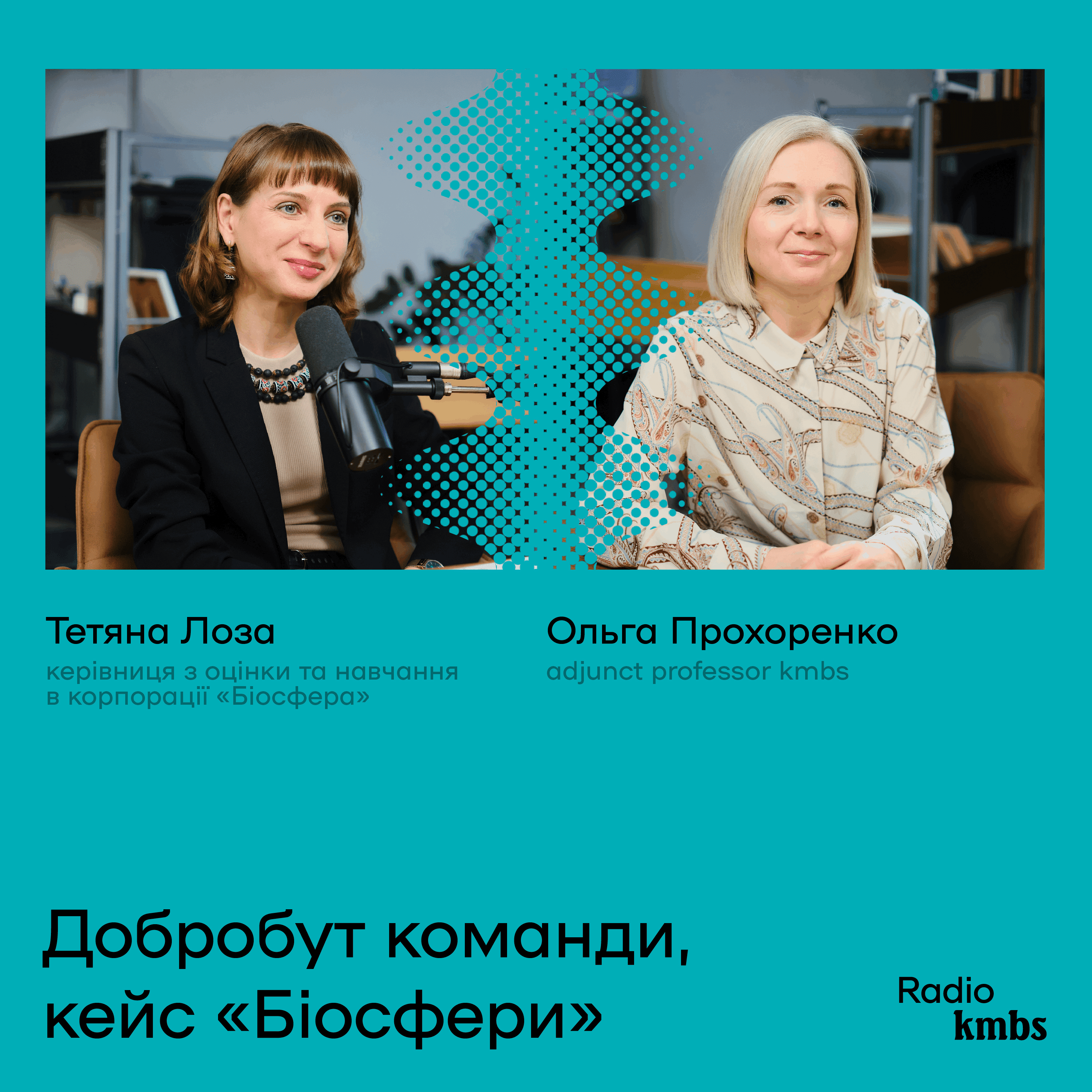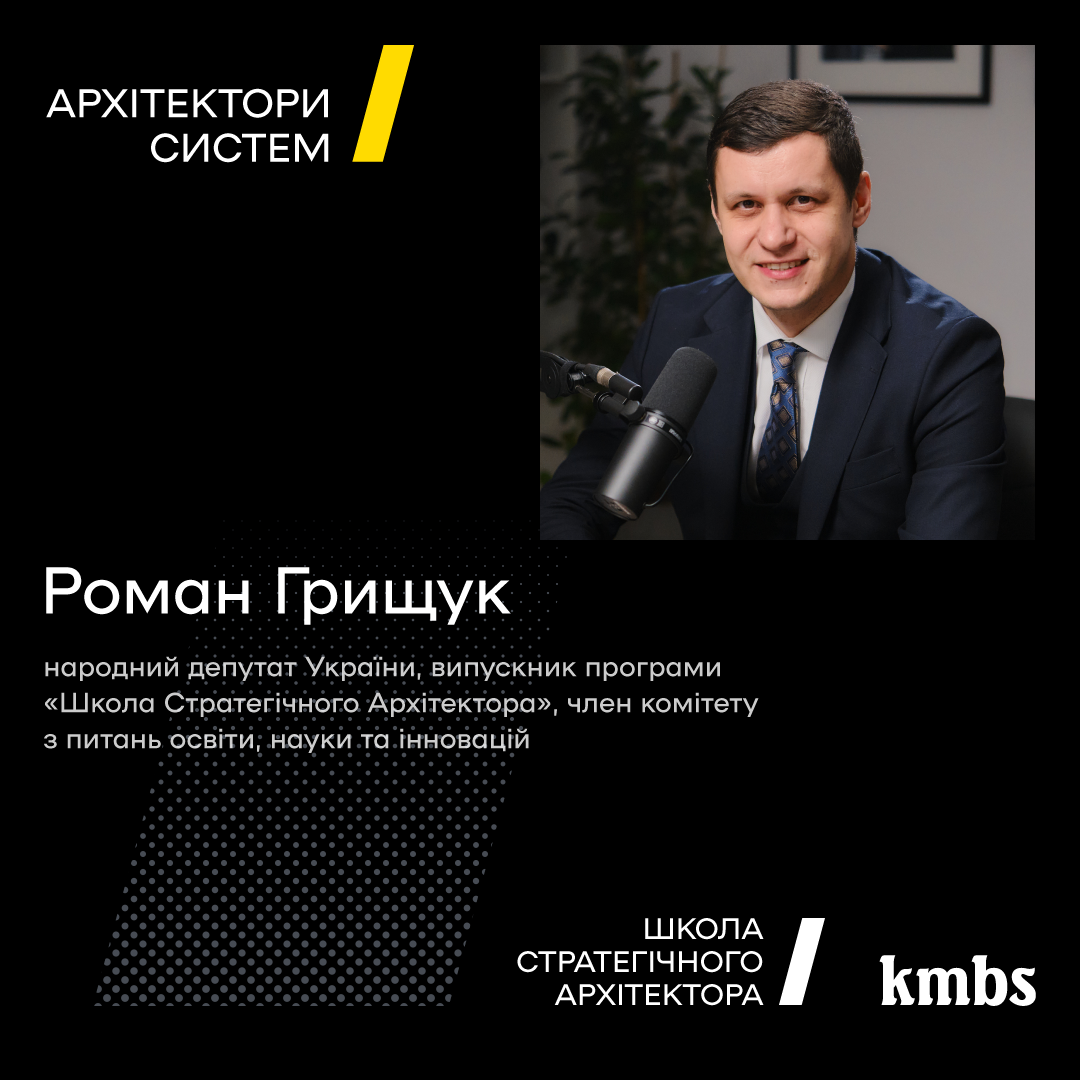Learn first
KMBS latest news in real time

For the latest KMBS events and news, visit KMBS Live at the top right corner of the screen
Open kmbs livedates of programs start
7/3/2025
Format
3 modules for 3 days
9:30 - 18:00
cost
54 000 uah
The Harvard Negotiation Model: Finding Solutions and Keeping Relationships
Developed based on the Harvard negotiation model, taking into account the specifics of Ukraine and teachers’ own experience in negotiating interests, including as intermediaries (mediators).
The program is recommended for everyone who
What does the program provide?
participants will develop practical. Skills to get the maximum value instead of being satisfied with a bit of compromise
it aims to gain knowledge on the negotiation model by interests, practice skills of working with elements of the model, practice techniques of negotiators, and practice skills of managing the negotiation process
The structure of the program
Module 1
Familiarity with the elements of the model of interest negotiations
March 29-31
Module 2
Negotiation techniques for the development of three groups of negotiation skills
April 19-21
Module 3
Deepening knowledge of the elements of the model of interest negotiations
May 10-12
Faculty
Galyna Eremenko
more details
Adjunct professor
Олена Ткаченко
more details
cost
54 000 uah
Apply for the program
Let me know about next date
For more information about the program, please contact
Oleksandra Proshynska
Manager of the Ukrainian Center for Mediation
Call:
Write:

Find out kmbs news and events first
kmbs
live

Новий подкаст: "Стратегічна гнучкість: як аналітичне мислення допомагає адаптуватись до мінливих умо ...
Nearest programs in which participates
back
forward






